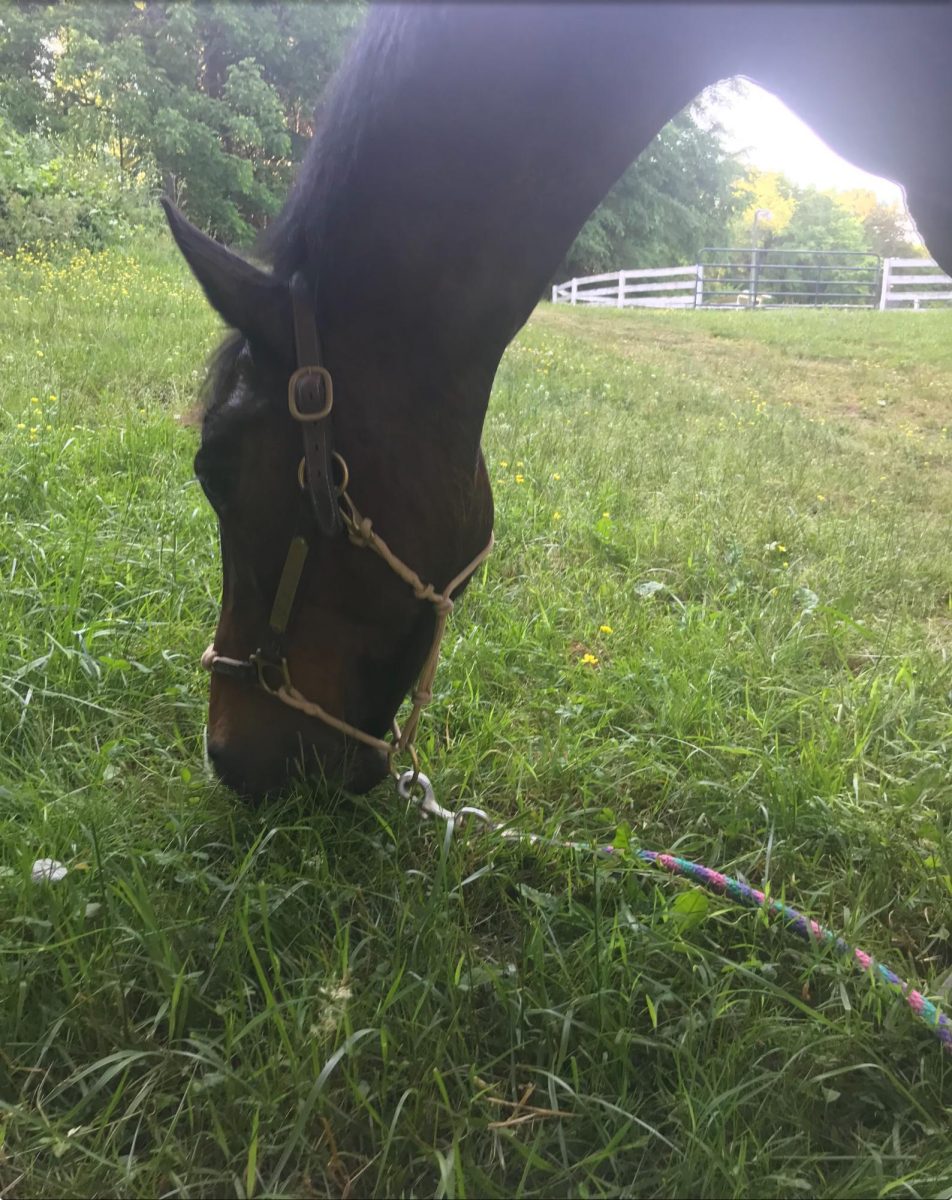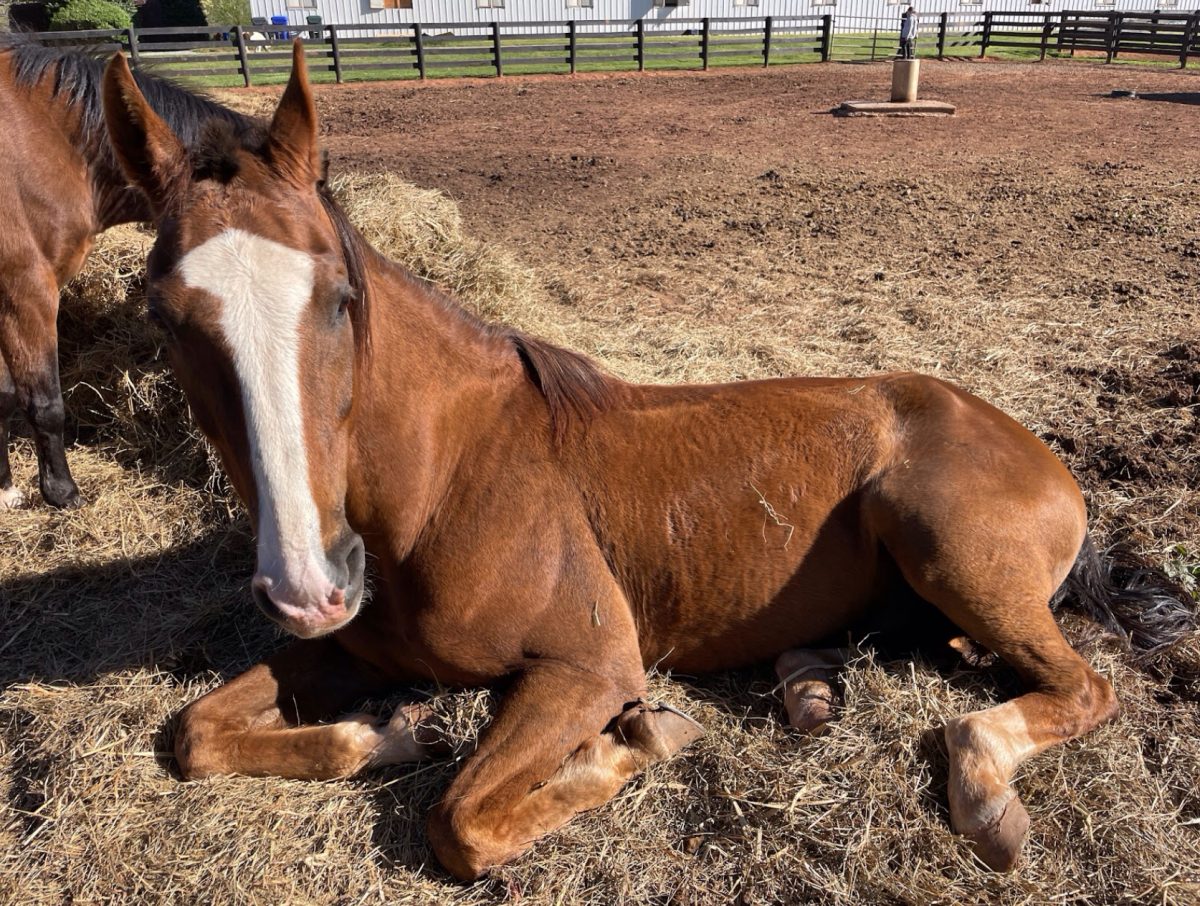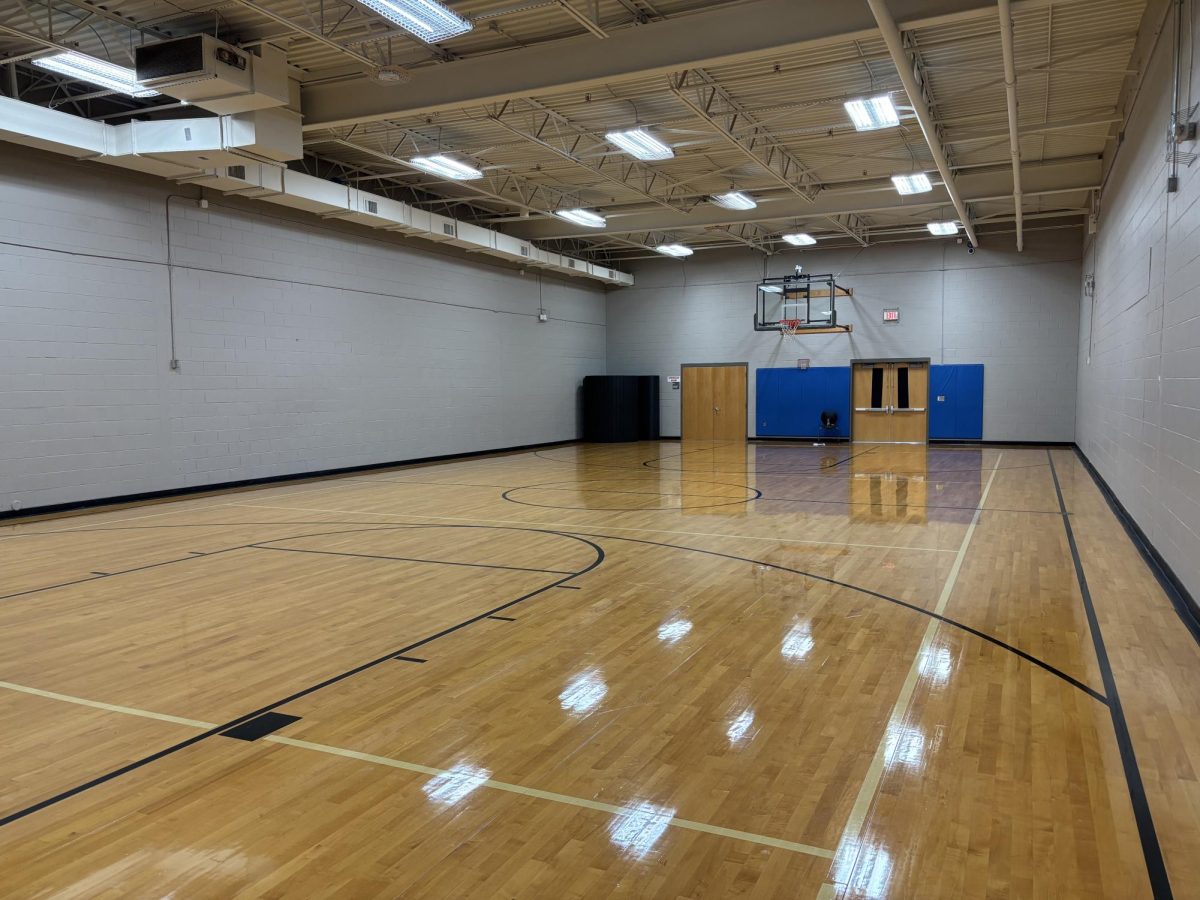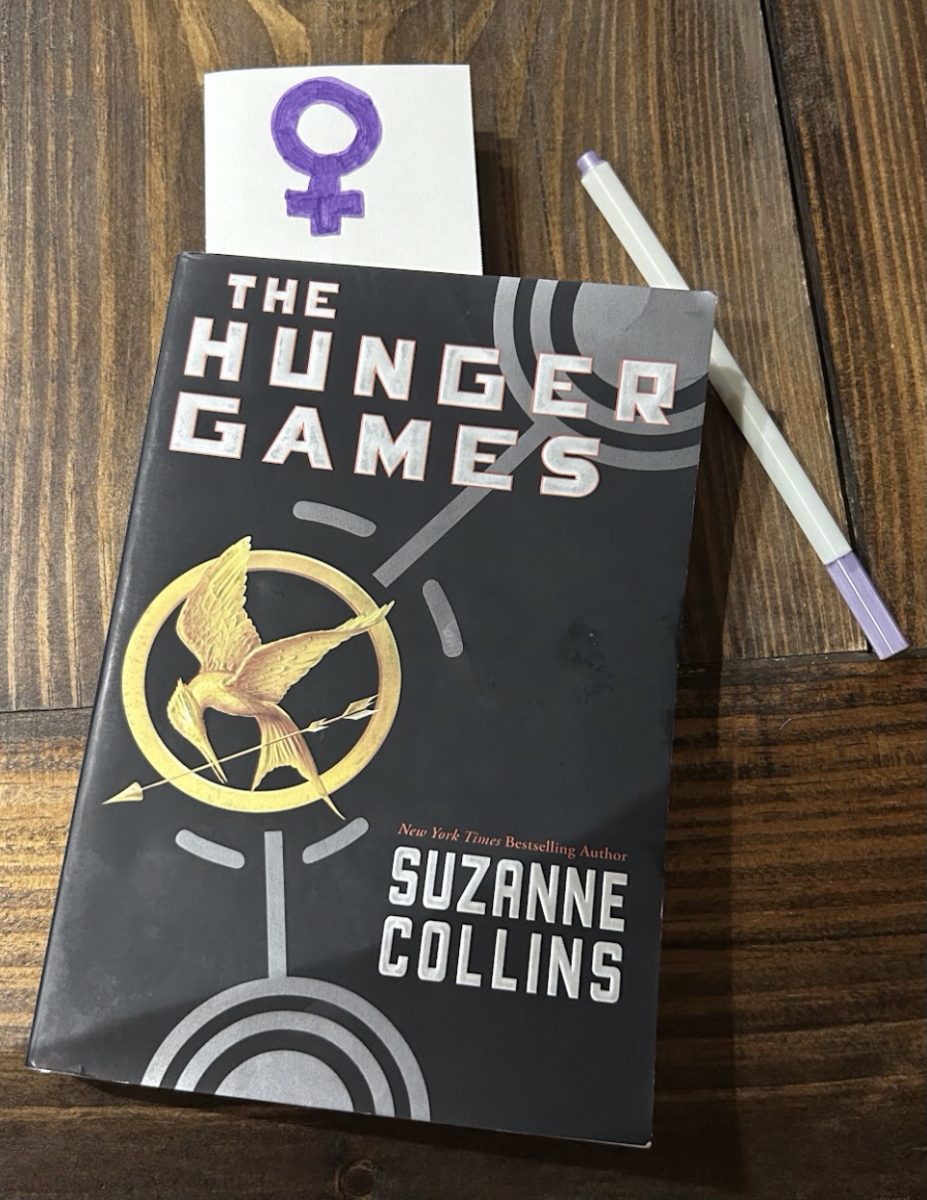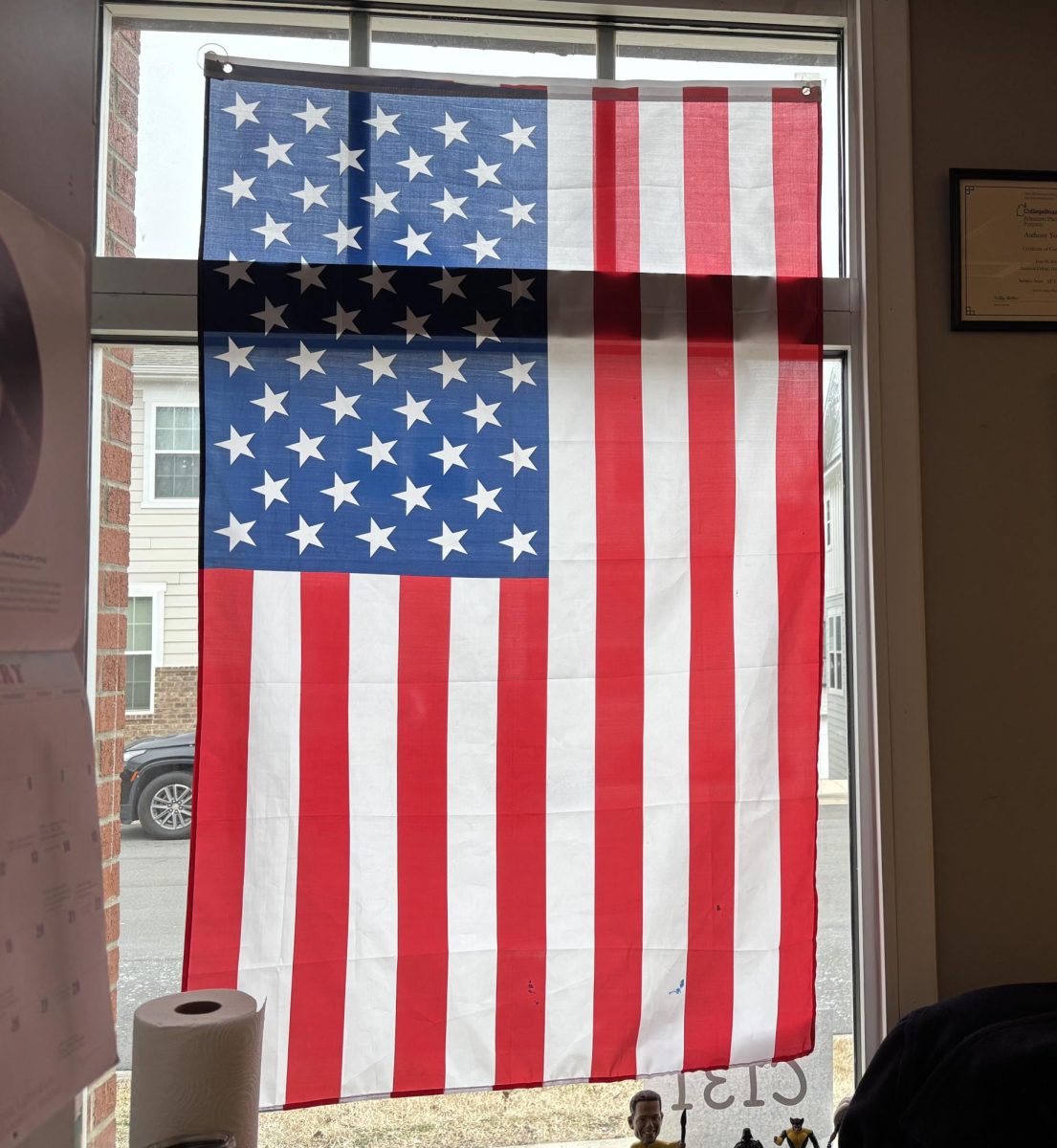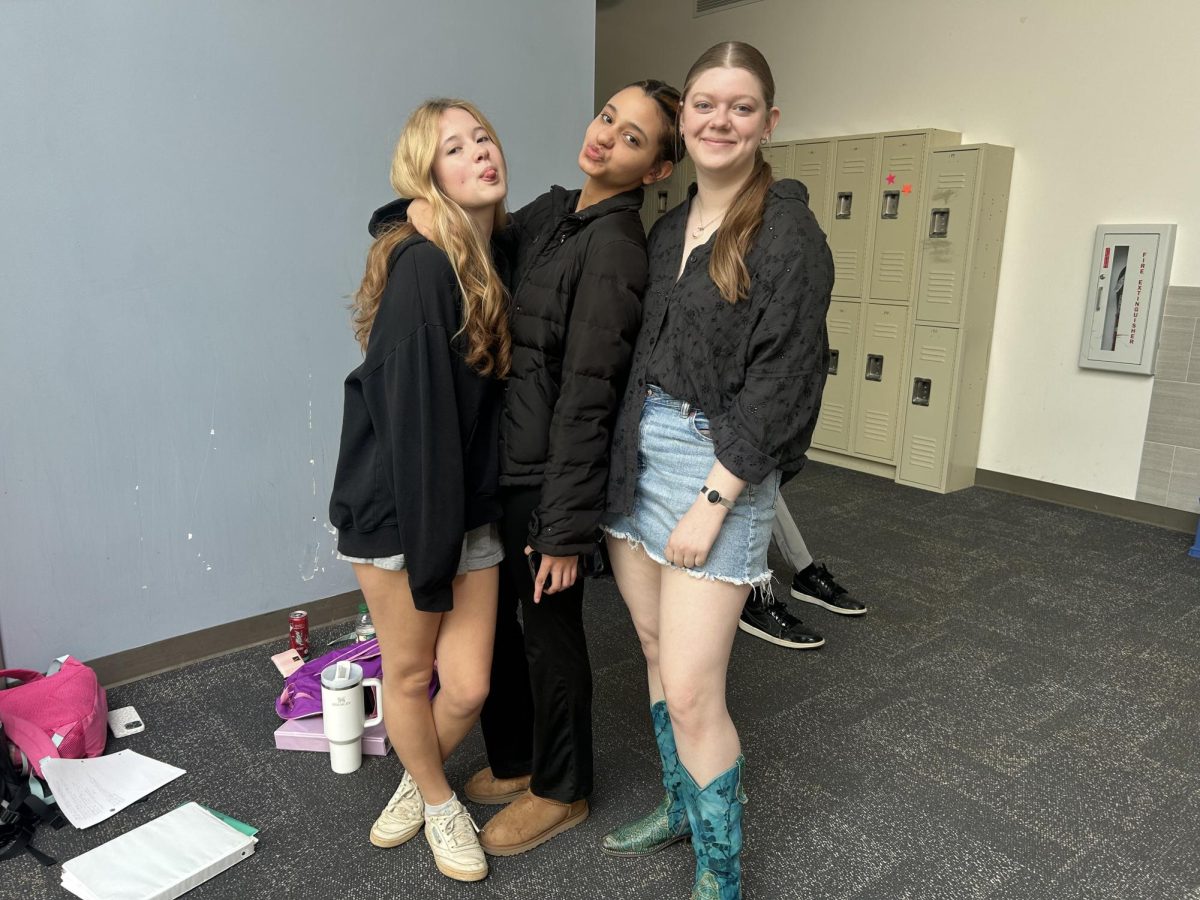On May 4, 2024, nearly two dozen horses squeezed into a starting gate, their jockeys at the ready. At the sound of the starter’s gun, the horses came to life and began their 2-kilometer sprint around the hallowed dirt track at Churchill Downs. As millions watched live and on television, the bizarre spectacle of the 150th Kentucky Derby, including all its mistreatment of horses, began again.
With the Kentucky Derby just passing, something that is fresh on everyone’s mind is horse racing. But there is a side to horse racing that many work hard to keep hidden. There is a sad truth behind the abuse and horror of horse racing.
What many don’t know is, no matter what, horse racing kills.
And because it is so prevalent and hidden, it has become its own hashtag.
#horseracingkills is a movement of determined people who work hard to bring attention to the dark side of horse racing, and the consistent coverups of slaughters and deaths that occur at almost every race, including the big races like the three of the Triple Crown.
“There is little doubt that there is no one in racing who likes the talk about fatalities. You hear the same platitudes about ‘zero’ the goal, unattainable as it might be. As long as there is racing, there will be deaths,” says John Cherwa, LA Times.
In fact, as of 2022, there were reportedly 1.25 fatalities per 1,000 starts.
Jumps racing, or steeplechase, kills 1 in 38 horses.
This is appalling.
Every year, the racing groups vow to never let another horse die on their track and to set more safety standards, but this doesn’t happen. They only speak for people to believe they are not at fault. They do not speak out for true care for the lives of the horses and jockeys.
Even without all of the deaths of these horses, they are still undergoing consistent abuse and pain. The horses eligible to race in the Kentucky Derby are three years old. Horses do not reach full musculoskeletally develop until five years of age. Some horses are even run at two years of age.
This results in injuries in around 85 percent of horses within their first year of racing.
“I think there’s probably a much stronger tendency to have two-year-old racing nowadays than there used to be…and the lure of prize money. There’s a great incentive to race their horses too young, too immature,” said leading horse racing veterinarian, Percy Sykes.
During races, a horse’s bones, ligaments, and tendons sustain a great amount of stress. As horses as young as two or three years old have not fully developed musculoskeletal, they are put at great risk for developing debilitating issues that cause arthritis and tendonitis, among other issues.
These issues usually result in the early euthanasia of these animals.
Doping is another challenge the horse racing world faces, with an estimated 40-60 percent of horses who participate in races being drugged in order to prevent these horses from feeling fatigued.
Normally, when a horse feels fatigued, they would stop galloping. These doping “milkshakes” are pumped into a horse’s stomach, so that even when they are stressed and fatigued, they can’t feel it. This is one of the leading causes of injuries and deaths on the track, among the many other types of drugs administered to horses before they are run.
Trainers are even able to use special methods and diuretics that allow them to mask the use of drugs and make the detection more difficult or almost impossible.
Every year, despite the constant reformations in the regulations of the sport, the jailing of trainers who have been caught doping their horses, and more testing and safety measures, we continue to see a lack of accountability and understanding of not only the people who do this sport but the onlookers as well.
Year after year, horses and jockeys will continue to die, be seriously injured, and cast aside once they aren’t needed anymore. Over 20,000 horses are sent to slaughter annually, even the winner of the 112th Kentucky Derby, Ferdinand, was sent to slaughter once he was not of any use anymore.
If we truly care about the well-being of these horses and want to put an end to this cruel and unfulfilling sport, we need to raise awareness. Next time you hear someone talking about a recent race, try to educate them, #horseracingkills. Little things like these are the best ways to make a change for the better.

